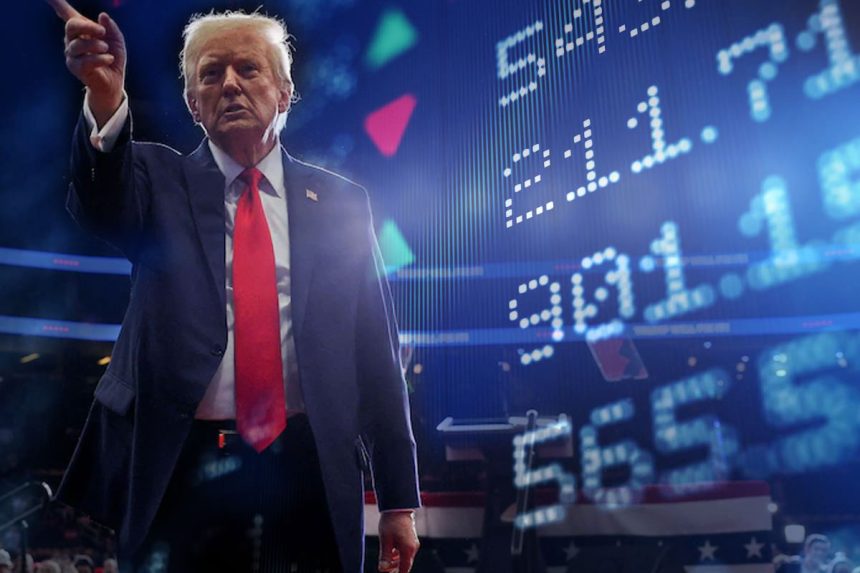In the wake of Donald Trump’s recent victory in the U.S. presidential election, tobacco stocks have surged, with British American Tobacco (BAT) seeing a 4% rise as investors anticipate policy shifts favorable to the tobacco industry. According to The Wall Street Journal, these gains reflect growing market speculation around regulatory changes that may benefit major tobacco players, particularly regarding the U.S. menthol ban and regulations on vaping products.、
BAT’s Reynolds American subsidiary, which supported Trump’s campaign through substantial contributions to the Make America Great Again action committee, has been vocal in its opposition to the Biden administration’s proposed menthol cigarette ban. This regulation, aimed at reducing smoking rates and targeting products disproportionately affecting communities of color, faced a delay earlier this year. A Trump administration is likely to dismantle this proposed ban, a move that would protect a significant revenue source for companies like BAT, Altria, and Imperial Brands. With menthol products accounting for over a third of the U.S. cigarette market by volume, the future of the menthol ban is closely watched by industry insiders and public health advocates alike.
A Trump presidency could also mean stricter measures on illicit imports of disposable vapes, many of which are manufactured in China. Trump’s previous term saw tariffs and trade restrictions that curbed Chinese imports, a trend that some tobacco companies hope will continue. By limiting illegal disposable vape imports, these policies may bolster U.S. tobacco companies’ e-cigarette brands, offering a market advantage as they compete with lower-cost, unregulated products.
Not all tobacco companies stand to gain from a second Trump administration. Philip Morris International (PMI), which generates around 90% of its sales in markets outside the United States, faces challenges from the potential strengthening of the U.S. dollar. A stronger dollar makes PMI’s products more expensive in emerging markets, where the company relies heavily on price-sensitive consumers. Additionally, any inflationary pressures resulting from Trump’s fiscal policies could impact low-income consumers who are already feeling the pinch, potentially slowing cigarette and tobacco product sales.
While many tobacco stocks are rallying amid the election results, the outlook is complex. Investors seem to welcome the possibility of fewer regulations and a potential dollar rise, yet the impact on emerging markets and price-sensitive consumer bases is uncertain. The long-term consequences of Trump’s policies on the broader tobacco industry will depend on how successfully companies can adapt to shifting economic conditions, regulatory landscapes, and consumer expectations.
As Trump’s administration shapes policies in the coming months, both public health advocates and tobacco industry insiders will be closely watching to see how these developments unfold.











